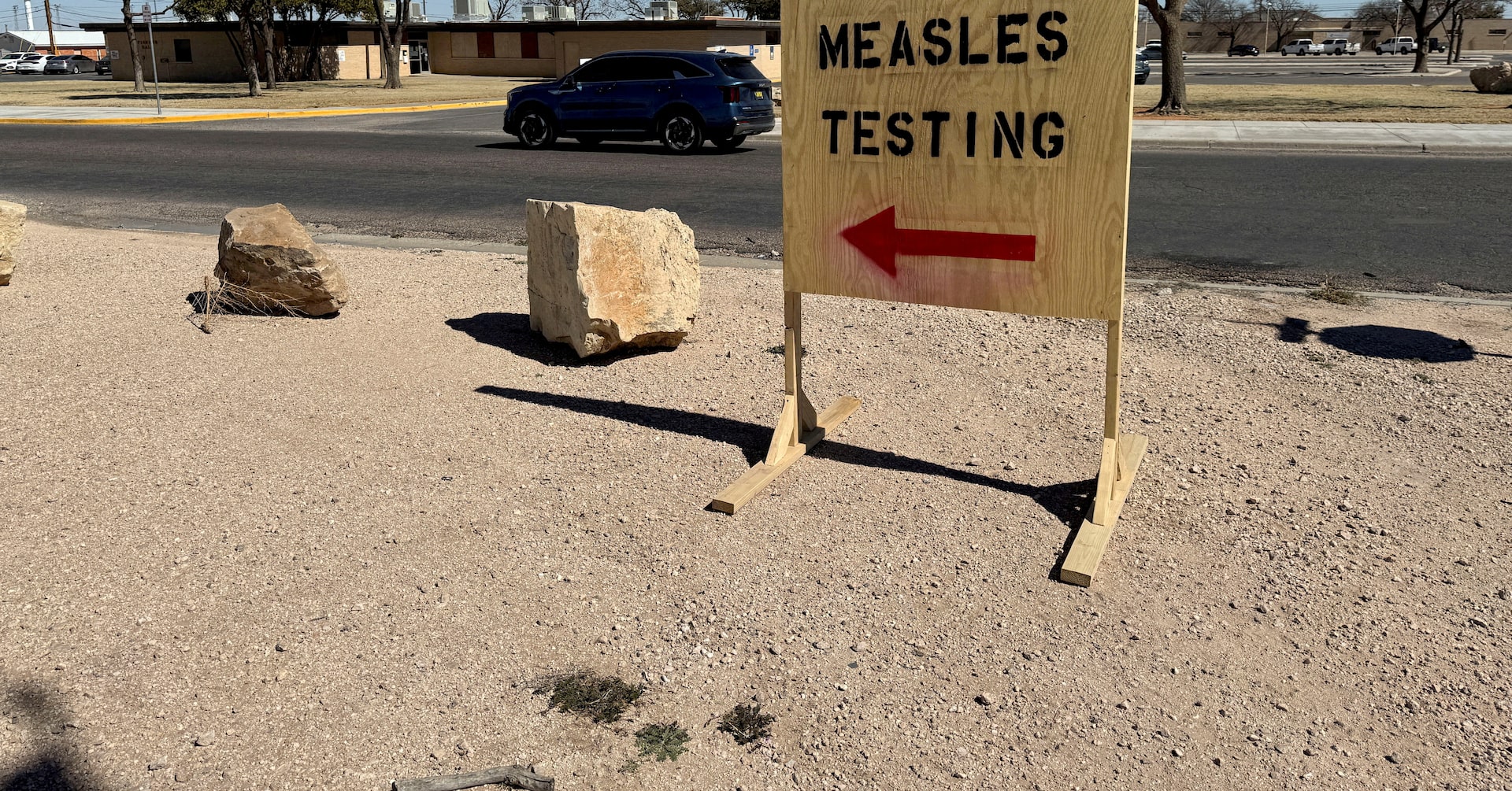Lone Star Outbreak: Texas Battles Surge in Measles Infections, Cases Climb to Alarming 646

Texas is experiencing a significant surge in measles cases, with the state health department revealing a sharp increase in infections. On Friday, officials reported 646 confirmed cases of measles, marking a notable jump from the 624 cases documented just weeks earlier on April 22.
The rising numbers have sparked concern among health professionals and public health officials, who are closely monitoring the spread of this highly contagious disease. This recent uptick underscores the importance of vaccination and public health awareness in preventing the transmission of measles across the state.
Residents are urged to check their vaccination status and consult with healthcare providers to ensure they are protected against this potentially serious illness. The Texas health department continues to track and respond to the growing number of cases, emphasizing the critical role of community health and preventive measures.
